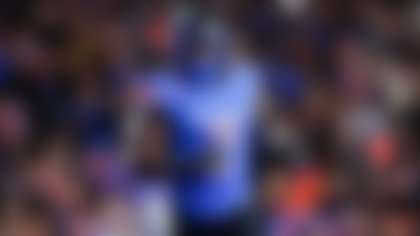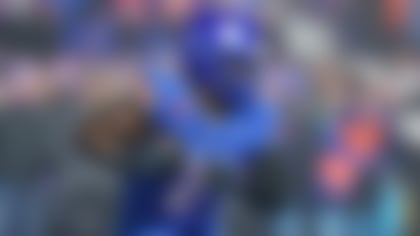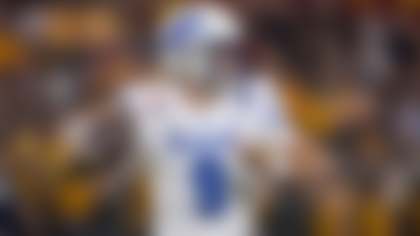Heading into the 2025 国产外流网Draft, five teams are facing particularly interesting decisions.
Both New York clubs are trying to right the ship: The Giants have only made the playoffs once in the past eight seasons, while the Jets haven't hit the postseason since the 2010 campaign. Meanwhile, the Patriots and Dolphins are trying to catch up with the Bills in the AFC East, and the Vikings are looking to reach the top of a hyper-competitive NFC North.
What do all five of those teams have in common? Their assigned draft slots all appear to be crucial pivot points in determining how the first round shakes out on April 24 in Green Bay, Wisconsin.
With the Titans widely expected to take quarterback Cam Ward at No. 1 overall and the Browns seeming more and more likely to select two-way star Travis Hunter at No. 2, draft drama might start at No. 3. Do the Giants select elite pass rusher Abdul Carter or grab one of the top two remaining quarterbacks (Shedeur Sanders or Jaxson Dart)? It feels like Carter at the moment, with New York having signed veteran signal-callers Russell Wilson and Jameis Winston in free agency. Then again, few expected the Falcons to take Michael Penix Jr. eighth overall in last year's draft, seeing how they had signed Kirk Cousins to a nine-figure deal one month prior. And now the Giants are hosting Sanders for a private workout.
If Cam Ward, Travis Hunter and Abdul Carter end up being the first three picks, New England and Jacksonville might be getting calls about the fourth and fifth slots from QB-needy teams. The Patriots clearly need an offensive tackle (or two), but if they stay put, will they consider Will Campbell or Armand Membou worthy of that lofty draft position? Or will Eliot Wolf and Mike Vrabel feel running back Ashton Jeanty or defensive tackle Mason Graham could be better value? Vrabel might view Jeanty as a Derrick Henry-type bell-cow back.
Even after signing Justin Fields to a two-year, $40 million deal, the new Jets regime could opt to select a young passer like Shedeur Sanders or Jaxson Dart with the seventh pick. The franchise has struggled finding a long-term solution at the position, so owner Woody Johnson might sign off on acquiring a rookie to supplement the Fields addition. If the Jets are bullish enough on their new 26-year-old quarterback to attack a different position in the top 10, then Darren Mougey and Aaron Glenn will have a host of interesting prospects to choose from, potentially including OT Armand Membou, TE Tyler Warren and LB/edge hybrid Jalon Walker.
As reflected in my recent five-round mock draft, Miami is a team I could see trading down. The Dolphins can find a starter at one of their primary needs (secondary, offensive line, tight end) later in the first round, so I can envision them moving down to anywhere from No. 16 (Arizona) to No. 25 (Houston). Gaining more quality draft picks via trade could represent a path toward competing with the elite teams in the AFC.
The Vikings currently own just four picks due to various trades, including the deal that landed them OLB Dallas Turner in last year's first round. General manager Kwesi Adofo-Mensah is building a good roster in Minnesota; a trade down from the team's assigned draft slot could net one or two additional selections to help shore up the secondary and/or offensive line. Buffalo, Kansas City and Philadelphia -- who own Pick Nos. 30-32 -- are known for trading up to beat out other perennial contenders for a prospect. Barring one of Adofo-Mensah's blue-chip prospects still being available at No. 24, Minnesota should be open for business.

















